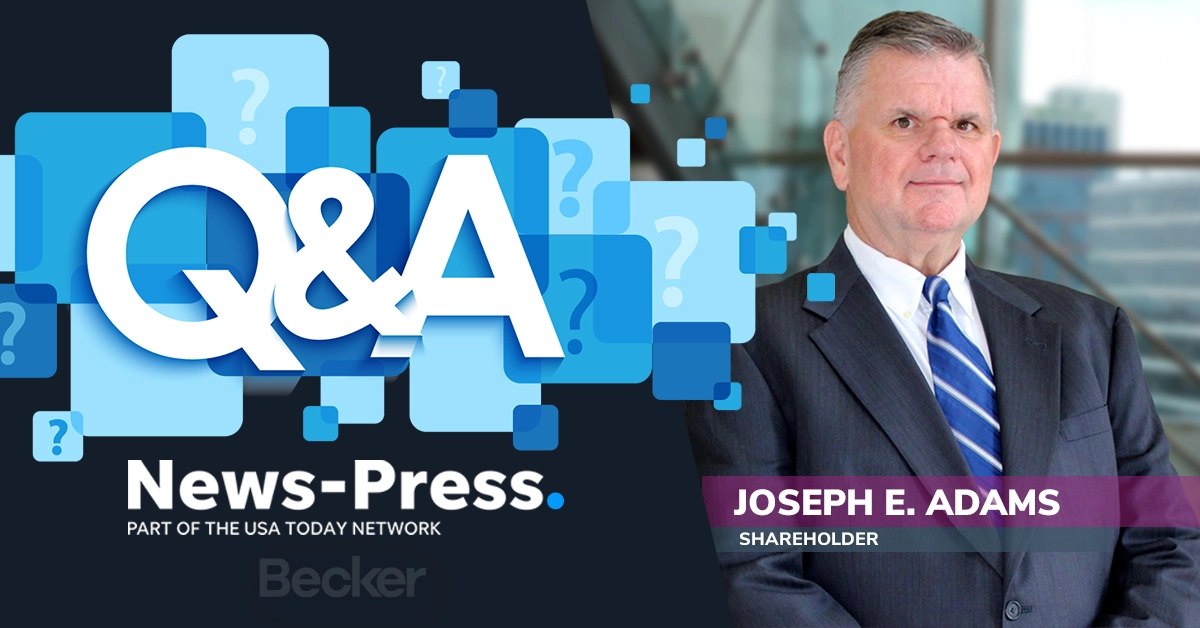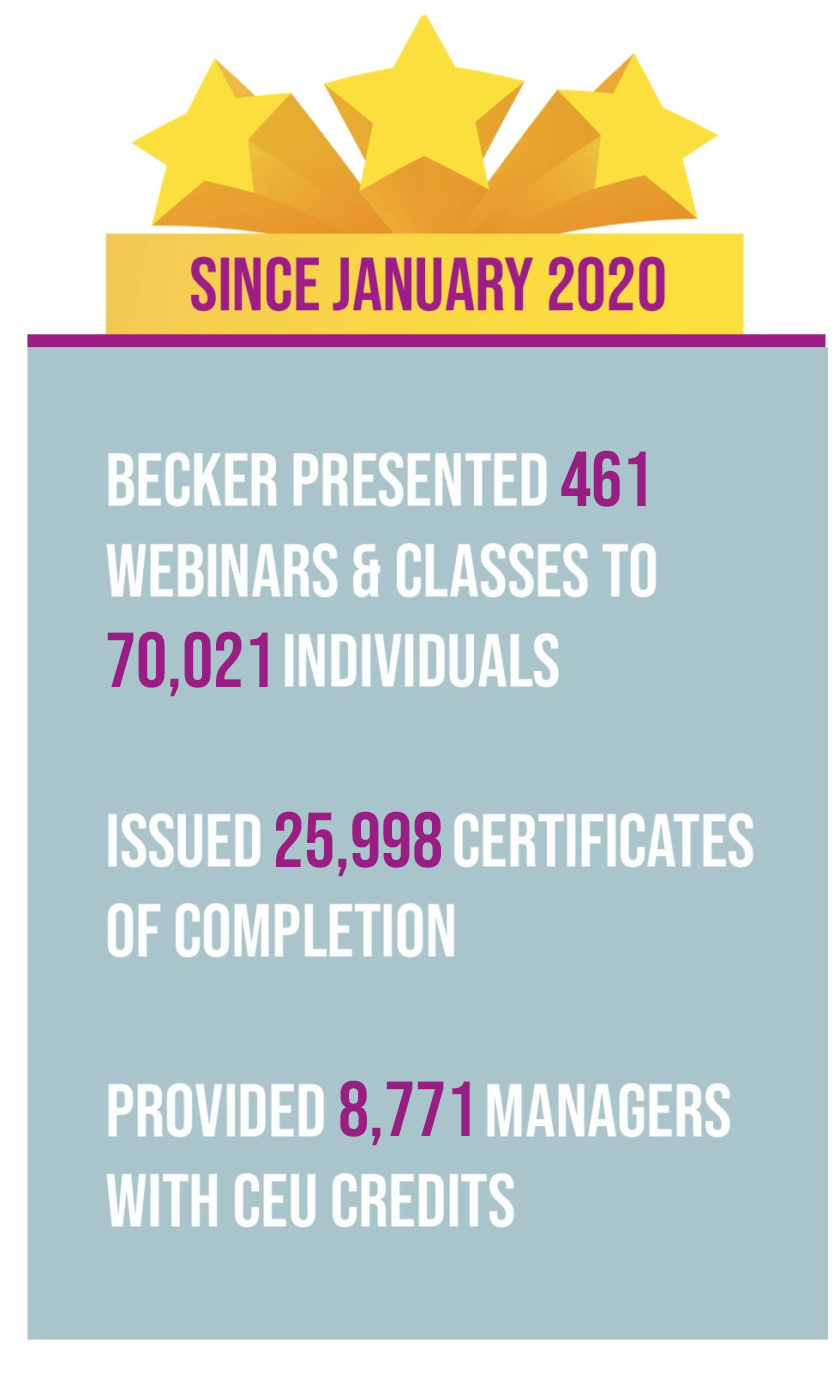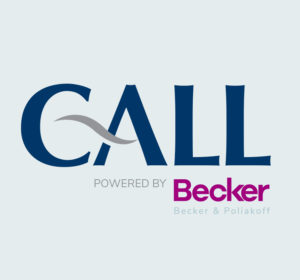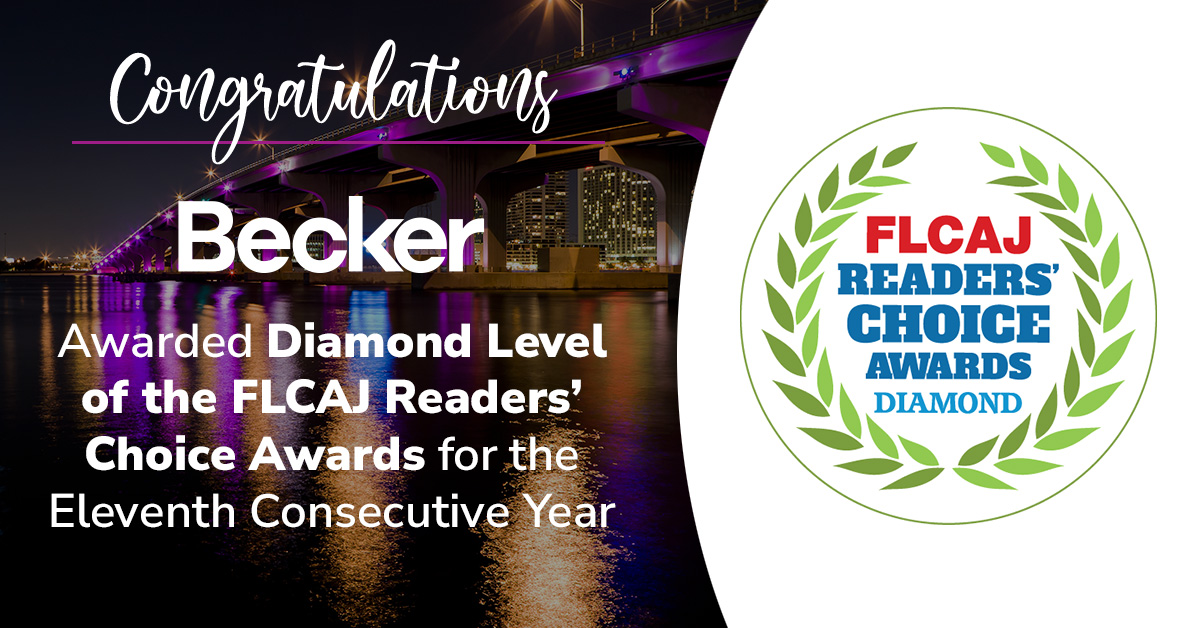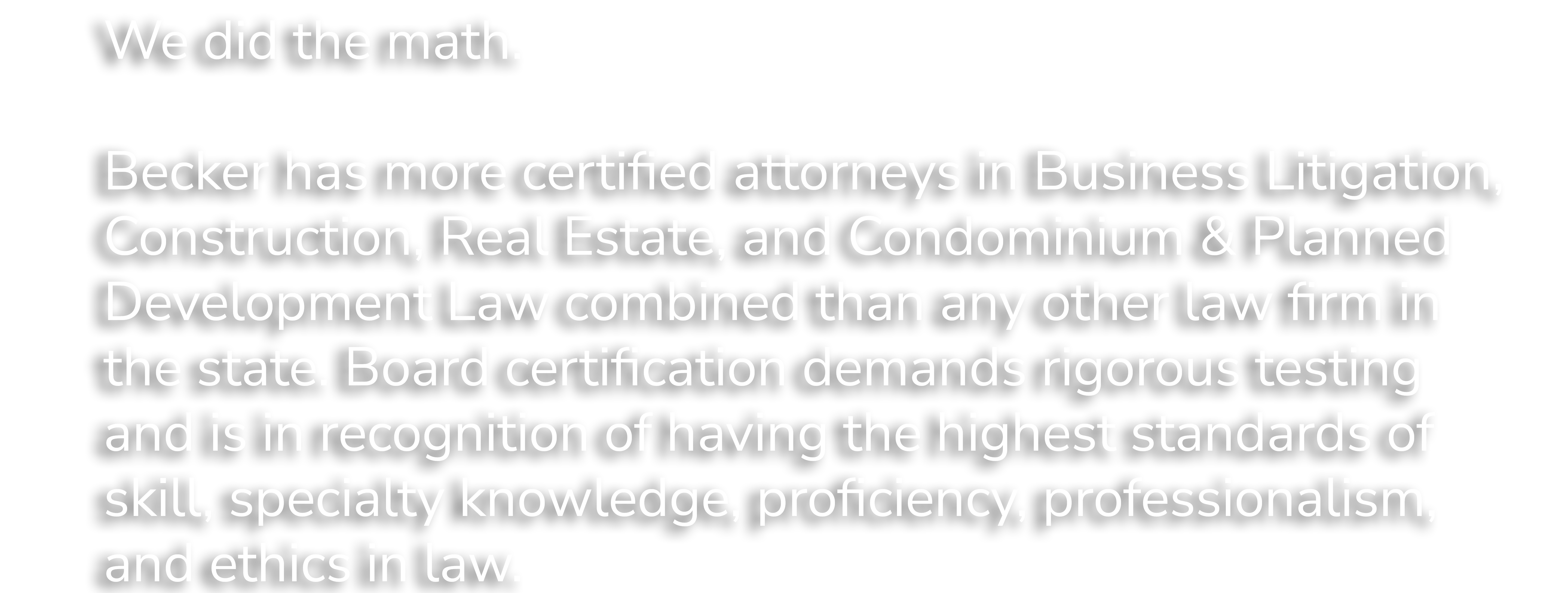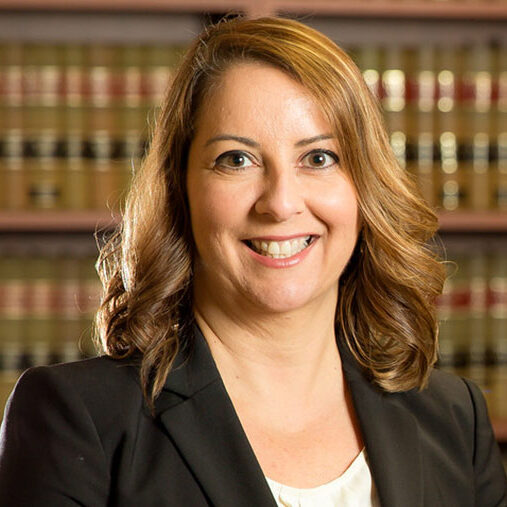Spring is in the air! As we move into the new season, there’s no better time to start thinking about spring cleaning. In this edition of CUP, you’ll find key insights into the 2025 Florida Legislative Session, tips to regulate short-term rentals, and advice on handling litigation threats.
Don’t miss Bisnow’s South Florida Condo Summit on April 16 in Dania Beach. Becker’s Donna DiMaggio Berger will moderate “HOA Board Dynamics—Challenges and Opportunities,” a deep dive into the evolving landscape of South Florida’s condo market.
As Florida becomes a more Electric Vehicles (EV) friendly state, condominium associations must adapt. Florence King highlights the need for associations to adopt clear rules and regulations for the installation of EV charging stations in this featured article, “Rules for a Condominium Association to Consider Regarding the Installation of Electric Vehicle Charging Stations.”
For more information on EVs and charging stations, check out this episode of Take It To The Board!
Florida associations must follow strict regulations to avoid costly liabilities and penalties, ensuring their elevators are properly maintained and inspected. Joseph Markovich explains why it’s crucial for associations to stay informed and proactive in their elevator safety obligations in “Key Points You Should Know About Elevator Safety.”
If condominium associations, cooperatives, and homeowners’ associations are required to conduct competitive bidding for certain contracts, how many bids do they need? Michelle Kaiser provides all the answers in “Competitive Bidding… A Primer for Board Members and Managers.”
Many owners argue that there are other violations the association ignores in response to an association’s attempt to enforce a rule or covenant. Allison L. Hertz clarifies what your association should do when an owner asserts selective enforcement in “THIS CASE: Laguna Tropical v. Barnave.”
Articles
By: Florence King
Electric Vehicles (EV) continue to become more commonplace on our Florida streets. This increase of EVs has also led to an increase in the need for EV Charging Stations (EVCS). In addition to the public EVCS we see in mall parking lots and other public parking stations, owners of EVs are looking for the convenience of charging their EVs at their home. For Single-Family homeowners we see these EVCS being installed in their garages. However, for Condominium Unit Owners this is not as simple.
Key Points You Should Know About Elevator Safety
By: Joseph Markovich
Associations in Florida must follow strict legal requirements to safeguard against liability and administrative penalties. Pursuant to Section 399.02(5)(b), Florida Statutes, associations are responsible for elevator safety and maintenance after inspection and certification, even if they outsource maintenance services. This includes not only standard elevators but also escalators, dumbwaiters, moving walks, inclined stairway chairlifts, and wheelchair lifts.
Competitive Bidding… A Primer for Board Members and Managers
Certain contracts entered into by condominium, cooperative and homeowners’ associations require competitive bidding. These requirements are found in Section 718.3026 of Florida’s Condominium Act, Section 719.3026 of Florida’s Cooperative Act, and Section 720.3055 of Florida’s Homeowners’ Association Act (collectively the “Acts”). All three Acts require an association to obtain competitive bidding for any contract for the purchase, lease, or renting of materials or equipment, or for the provision of services that requires payment in an amount that exceeds a certain percentage of the total annual budget of the association, including reserves.

Laguna Tropical v. Barnave
208 So.3d 1262 (Fla. 3d DCA 2017)
By: Allison L. Hertz
When an association attempts to enforce a rule or covenant, many owners will argue that there are other violations the association is ignoring. In other words, that the association is selectively enforcing the rules or covenants against the owner. What an owner must actually establish to succeed with the defense of selective enforcement highlights the importance of THIS CASE. Here, the Association had noise rules in place prohibiting any floor coverings other than carpet and requiring owners to install an underlayment to limit noise transmission, so the flooring was “adequately soundproof”. An owner on the second floor replaced the carpet in the unit with laminated flooring. The resident in the unit below complained about noise, and the Association took enforcement action against the second floor owner for violating the rules. The second floor owner asserted selective enforcement as a defense to enforcement, and the trial court ruled in favor of the owner and against the Association. The Association appealed.
In asserting selective enforcement, the second floor owner claimed the rules were only enforced against 11 of the 94 units in the condominium despite others having hard surface flooring. However, it was established on appeal that there were 11 first floor units, 11 second floor units, and the remaining 72 units were two-story units. The evidence in the appeal showed the Association had positively enforced the rules following complaints from first floor units and there was no evidence the Association declined to enforce a noise complaint from a first-floor unit against a second-floor unit based on a replacement of carpet with hard surface flooring on the second floor. The court noted that the prohibition on floor coverings other than carpet was plainly intended to avoid noise complaints, and it was shown that in like circumstances where a first-floor unit owner complained about noise from the flooring installed by a second-floor unit owner, the Association took action and enforced the rule. The appeals court reversed the trial court’s decision because the owner failed to prove selective enforcement.
So why does THIS CASE matter? Selective enforcement is more than just there being “other violations”. The owner asserting the defense must show by evidence the association is not taking action against a like violation essentially involving the same set of facts. Differences in the facts will lend towards the defeat of the defense of selective enforcement. It is recommended that you contact your association’s counsel when an owner asserts selective enforcement to help you determine whether the defense may or may not be valid.
QUESTION OF THE MONTH
Q: How can condominium associations handle a unit owner who frequently threatens lawsuits against the association and its board members, especially when these actions seem frivolous and disrupt our ability to manage the community?
Florida’s 2025 Legislative Session Kicks Off: What’s Next for Community Associations?
The 2025 Florida Legislative Session begins today, March 4th, and once again, lawmakers are considering a slate of bills that could significantly impact the millions of Floridians living in shared ownership communities. The effects of the sweeping statutory changes enacted in response to the Champlain Towers South tragedy in 2021 are still unfolding, with media reports warning of a statewide “condo crisis.”
The pressing question now is whether this year’s proposed legislation will bring much-needed relief or impose additional burdens on an already struggling population. Stay tuned as we track the developments that matter most to Florida’s community associations.
Join Becker at the South Florida Condo Summit
Rising insurance costs, structural recertifications, and complex regulatory changes are reshaping the way developers, investors, and association leaders navigate South Florida’s condo market.
Understanding these challenges is essential to preserve property values, manage finances, and stay compliant with evolving state mandates.
Join Becker’s Donna DiMaggio Berger, on April 16, in Dania Beach, as she moderates “HOA Board Dynamics—Challenges and Opportunities,” a deep dive into the evolving landscape of South Florida’s condo market.
CALLING ALL BOARD MEMBERS AND COMMUNITY MANAGERS
As leaders in Community Association Law, we not only helped write the law – we also teach it.
Did you know Becker provides over 200 educational classes per year throughout the State of Florida on a variety of topics ranging from board member certification to compliance, and everything in between? Our most popular classes are now available online! To view our entire class roster, visit: beckerlawyers.com/classes
Becker’s NEW 4-hour Board Certification courses are now available! Don’t miss out on this convenient opportunity to stay informed and compliant! Because of the administrative burden involved in processing certificates and CEU credits, Becker will be charging non-clients and managers a nominal fee to take the 4-hour course. Clients may take the course free of charge. To take our new Board Certification class and/or to see the full roster of all of our online course offerings, click here.
For questions regarding our Classes, please see our FAQ page here.
Can They Do That?
Becker’s “Can They Do That” video series tackles some of the unique problems that homeowners and renters face today. We answer your questions, no matter how far-fetched they may seem. From service animals to nudists in your community, we get to the bottom of it and let you know – “Can They Do That?”
Becker Steps Up to the Mic with Podcast,
‘Take It To The Board with Donna DiMaggio Berger’
Think you know what community association life is all about? Think again. Residents must obey the rules, directors must follow the law, and managers must keep it all running smoothly. Take It To the Board explores the reality of life in a condominium, cooperative or homeowners’ association, what’s really involved in serving on its board, and how to maintain that ever-so-delicate balance of being legally compliant and community spirited. Leading community association attorney Donna DiMaggio Berger acknowledges the balancing act without losing her sense of humor as she talks with a variety of association leaders, experts, and vendors about the challenges and benefits of the community association lifestyle. Don’t have a streaming app? You can now find all episodes on YouTube! Click here to listen now.
RECENT EPISODES:
-
- A Guide to Impact-Resistant Windows and Doors
- Addressing Florida’s Condo Crisis and How to Fix It
- Transforming Your Corporate Culture with Motivational Speaker & Author Chris Dyer
- The Impact of Rentals on Community Associations with David Muller, Vice Chair of Becker’s Community Association Practice
- Life on The Other Side – A Resident’s Candid Take on Condo Living and Community Governance
- Important Insights from Florida’s Former Condominium Ombudsman
- A Primer on Mixed-Use Communities and Condo Hotels with Becker Attorney Allison Hertz
- Diving Into the Developers’ Mindset with Becker’s Jennifer Bales Drake
- To Rise Above–How Home Elevation Is Changing Flood Protection
- Beyond Condos –The Cooperative Ownership Model, with Becker’s David Rogel
Beyond Condos – The Cooperative Ownership Model, with Becker’s David Rogel
Condominiums and HOAs may dominate Florida’s shared ownership landscape, but cooperative associations offer a fascinating alternative with their own distinct legal framework and operational quirks. This week, Board-certified community association attorney and Becker shareholder David Rogel joins Take It To The Board host Donna DiMaggio Berger to unravel the mysteries of this older form of shared ownership that continues to house Floridians in everything from high-rises to single-family homes.
Regulating Short Term Rentals in Condominiums
FCAP Managers Report
By: Nicolas M. Jimenez
It seems that the surge of tourism that Florida saw during COVID 19 is here to stay and with it, a surge of short term rentals in your Condominium Association. Given that short term rentals can significantly increase the traffic, noise, and liabilities your Condominium Association deals with on a daily basis, your Condominium Association may be interested in regulating, or even prohibiting short term rentals. But can it?
DID YOU KNOW?
Becker Has Been Awarded the FLCAJ Readers’ Choice Award for the 11th Consecutive Year
For the 11th consecutive year, Becker has earned a Diamond Level Readers’ Choice Award from the Florida Community Association Journal (FLCAJ). The FLCAJ announced its annual Readers’ Choice Award winners in the March 2025 issue of the magazine.
The FLCAJ Readers’ Choice Awards is a unique recognition program that shines a spotlight on the positive and productive contributions by community association service providers across Florida. These honors are bestowed on service providers who demonstrate an exemplary level of proficiency, reliability, fairness, and integrity to the community associations they serve.




